Meet our speakers
Lecturers are renowned international specialists in the field of medical and veterinary entomology.
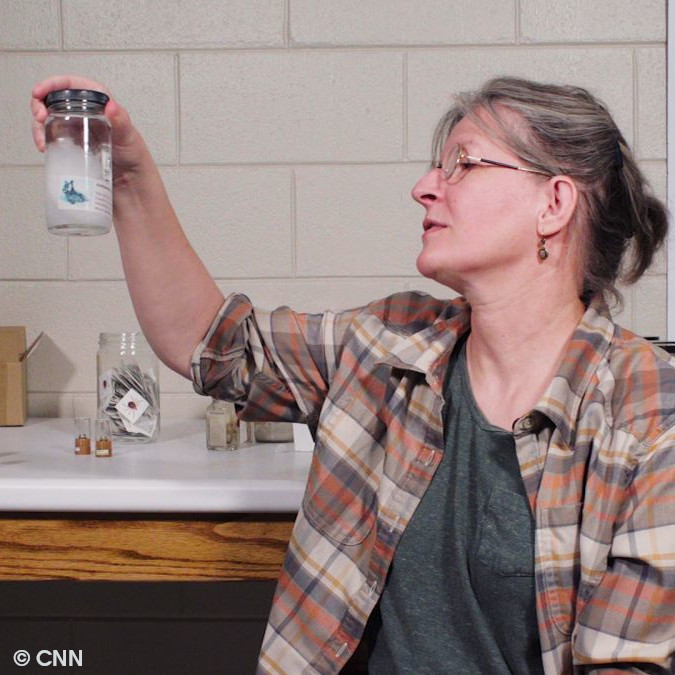
Lorenza Beati
Lorenza Beati is Professor of medical entomology, systematic biology and arthropod diversity and ecology at the Georgia Southern University, Statesboro, USA, and the curator of the U.S. National Tick Collection.
Lorenza Beati
Lorenza Beati (MD, PhD) is a medical entomologist and Professor at the Georgia Southern University, and the curator of the largest tick collection in the world: the U.S. National Tick Collection. Her laboratory research is centered on molecular systematics and population genetics of arthropods vectors of diseases (ticks and sand flies) and of the pathogen they transmit. She leads several research projects involving undergraduate students on population genetics of the Lyme disease vector, Ixodes scapularis, in the United States and on a widespread neotropical tick species, Amblyomma cajennense, which transmits Rocky Mountain spotted fever, on neotropical Lutzomyia species, vectors of Leishmaniasis, and on Amblyomma variegatum, an invading tick species carried from Africa in the Caribbean.
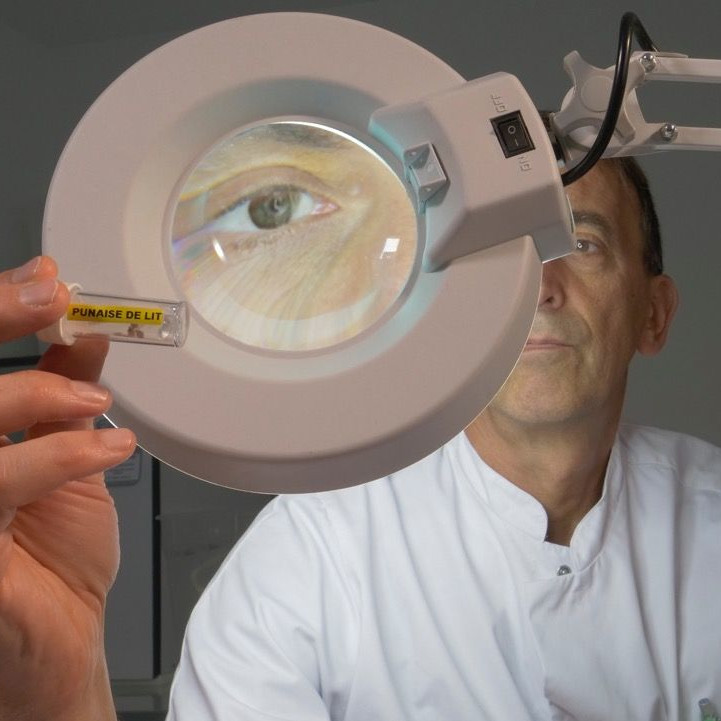
Jean-Michel Bérenger
Jean-Michel Bérenger is an entomologist specialist of Heteroptera Reduviidae and Cimicidae, and the director of the “Diagnostic Insect Laboratory”, France.
Jean-Michel Bérenger
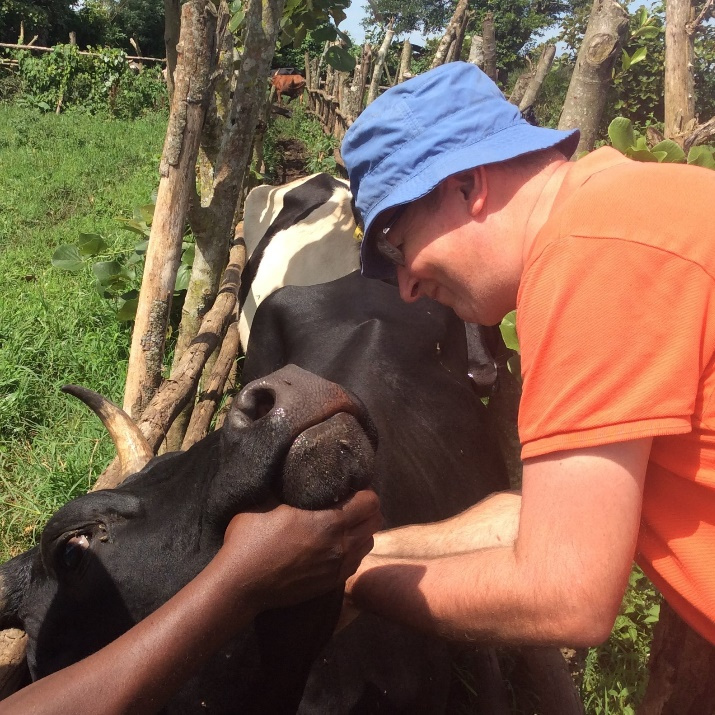
Richard Birtles
Professor Richard Birtles holds the Chair in Biomedicine at the University of Salford and co-leads the University of Salford Tick Infections (USALTI) research group.
Richard Birtles
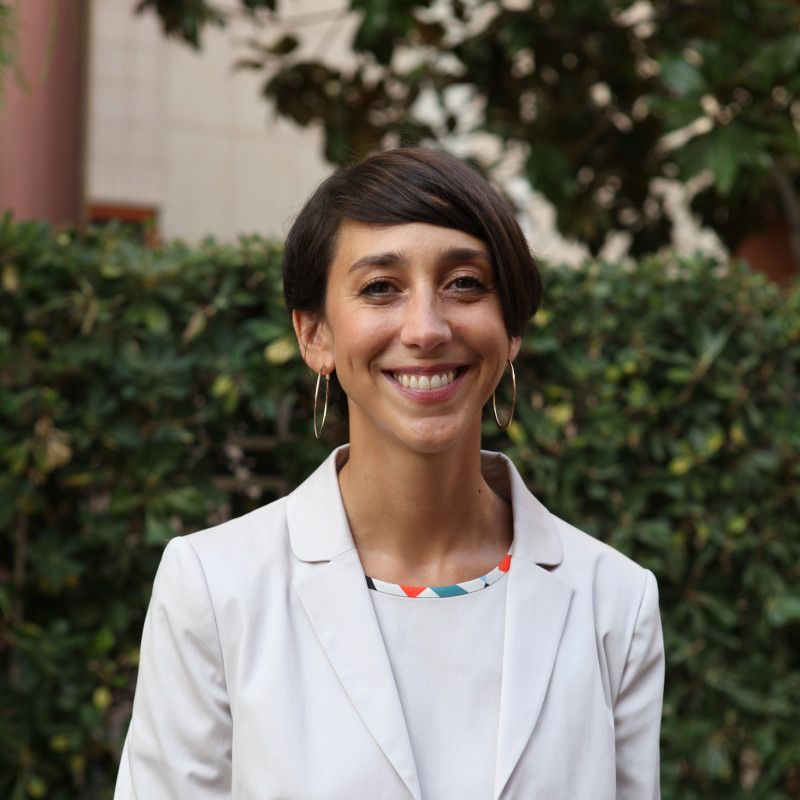
Emilie Bouhsira
Emilie Bouhsira is an Associate Professor of Parasitology at the National Veterinary School of Toulouse, France, and the organiser and the programme leader of the Entomology Summer Course.
Emilie Bouhsira
Her research areas mainly focus on vector-borne agents, especially flea-borne pathogens and agents transmitted by the stable fly Stomoxys calcitrans, and resistance to insecticides in fleas and flies. She has more than 10 years of experience in the design and the realisation of clinical studies aiming at determining the efficacy of ectoparasiticides against fleas, flies, sandflies and mosquitoes in cats and dogs.
Emilie is a board member of the European Veterinary Parasitology College (EVPC) since 2018 and a member of the WAAVP guidelines subcommittee; she is also the treasurer of the French Society of Parasitology. She was the treasurer of ESCCAP-France for several years (2016-2019), before becoming its President in December 2019.
During her time as EVPC board member, she acted as liaison between the board and the resident committee and concentrated her effort in coordinating the organization of online lectures for residents, to ensure continuing education for residents during this challenging period.
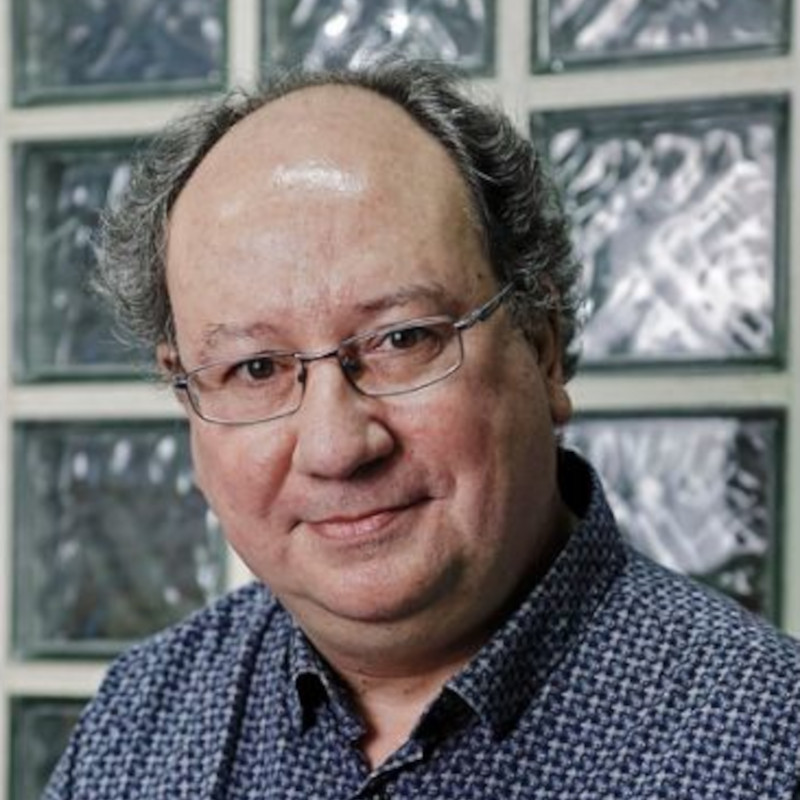
Fabrice Chandre
Fabrice Chandre is a medical entomologist working at the Institute of Research for Development (IRD), Montpellier, France.
Fabrice Chandre
Dr Fabrice Chandre is a medical entomologist from the Institute of Research for Development (IRD), Montpellier, France with more than 25 years research expertise in vector control and genetics of insecticide resistance. He has been the head of the Vector Control Strategies Group in the Infectious Diseases and Vectors: Ecology, Genetics, Evolution and Control Research Unit, and of the WHO Collaborating Center for testing and evaluation of insecticide products for vector control in public health until 2020. He is currently an expert member of the Vector Control Advisory Group of WHO. From 2014 to 2017, he has served as the director of the National Center for Expertise on Vectors – an institutional consortium that supported the french Ministries of Health and Agricultural in prevention and management of vector borne diseases in France and its oversea territories. He currently coordinates the Vectopole Sud, a network of platforms dedicated to research on vectors and pests in Montpellier. He has also contributed to the writing of several guidelines for testing the efficacy of insecticides/repellents and the test procedures for resistance monitoring in mosquitoes. Dr Chandre has led field research programs in Cameroon, Ivory Coast, and Benin and published extensively on the characterization of mechanisms of insecticide resistance and their impacts in major vectors of malaria or arboviruses.
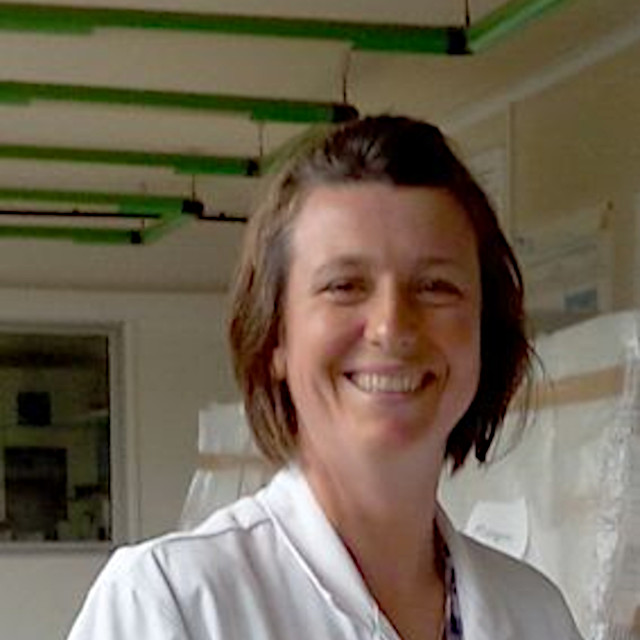
Sylvie Cornélie
Sylvie Cornélie is a researcher in medical entomology at the Institute of Research for Development (IRD), Montpellier, France.
Sylvie Cornélie
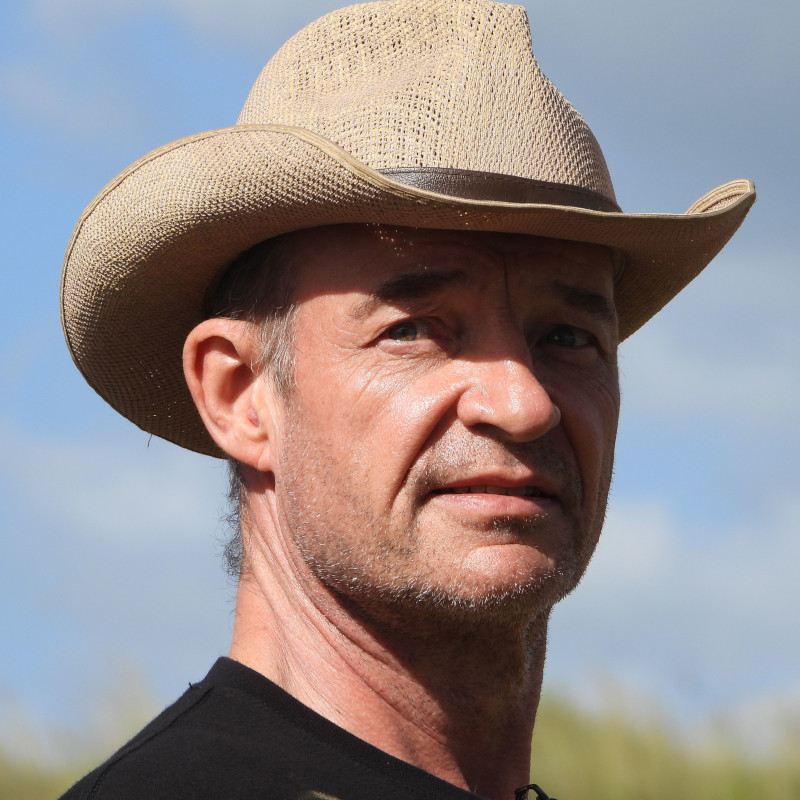
Marc Desquesnes
Marc Desquesnes is a veterinary parasitologist and entomologist, working for CIRAD, UMR InterTryp ; specialist of trypanosomes and their vectors ; he is based at National Veterinary school of Toulouse, France.
Marc Desquesnes
Marc Desquesnes graduated from the veterinary School of Maisons-Alfort (ENVA) in 1985 ; he got his PhD in parasitology at Lille University in 1997, and his Research Direction Hability (HDR) in Perpignan, 2005 ; He is experienced in field works in Latin America (1990-1996), Africa (1997-2005) and South East Asia (2007-2020) ; His main focus is mechancial transmission of blood parasites, especially trypanosomes ; Expert for the Office International des Epizooties (OIE/WAHO) on trypanosomes of African Origin, Expert for the Thailand Internationl Cooperation Agency (TICA) for trypanosomes in Thailand ; Co-secretary of the network on Atypical Human Infections by Animal Trypanosomes (NAHIAT), and associate coordinator of the BioZoonoSEA Platform for training and research in parasitic zoonoses, at Kasetsart University, Bangkok, Thailand.
His current focus is on the control of livestock hematophagous flies using non-polluting traps or targets ; he was the coordinator of the research projects Flyscreen (2015-2019) and is coordinating the new BioFlyTrap project (currently on work). He is author or co-author of a hundred of scientific papers and book chapters.
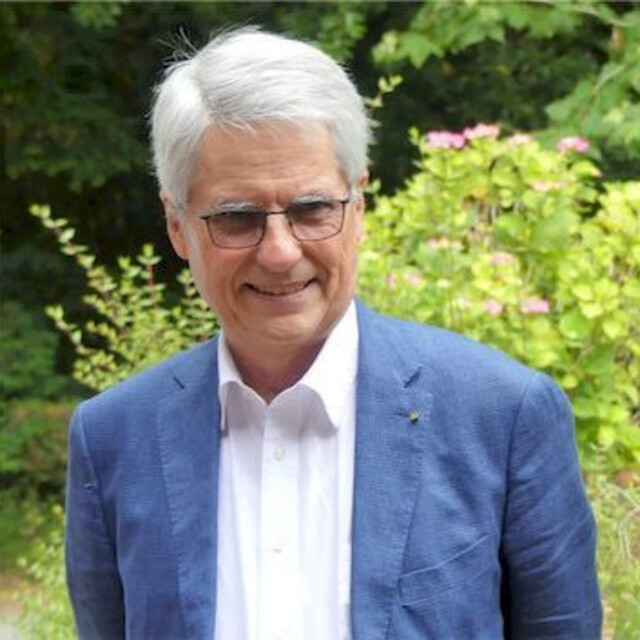
Gérard Duvallet
Gérard Duvallet is a medical entomologist and ecologist, and Emeritus Professor at the University Paul Valéry, Montpellier France.
Gérard Duvallet
Gérard Duvallet graduated from the École Normale Supérieure-Ulm in Paris, “Agrégé” of the University, medical entomologist, ecologist, Professor Emeritus at the University Paul-Valéry Montpellier 3, honorary researcher at the Center of Functional and Evolutionary Ecology (CEFE – Montpellier). He is also one of the former presidents of the French Society of Parasitology, and visiting professor at the Kasetsart University – Faculty of Agriculture, Bangkok, Thailand. He spent 21 years in Africa working on tsetse fly and human and animal trypanosomiasis.
His current research topics focus on biting flies in cattle and the evaluation of non-polluting alternative control tools. He is regularly on missions in Africa, Asia, and Central America. He is the author of hundreds of scientific articles and book chapters. He is also an Officer of the Order of Agricultural Merit.
In 2018, he funded his self-employed company: “Pest-Control Gerard Duvallet“.
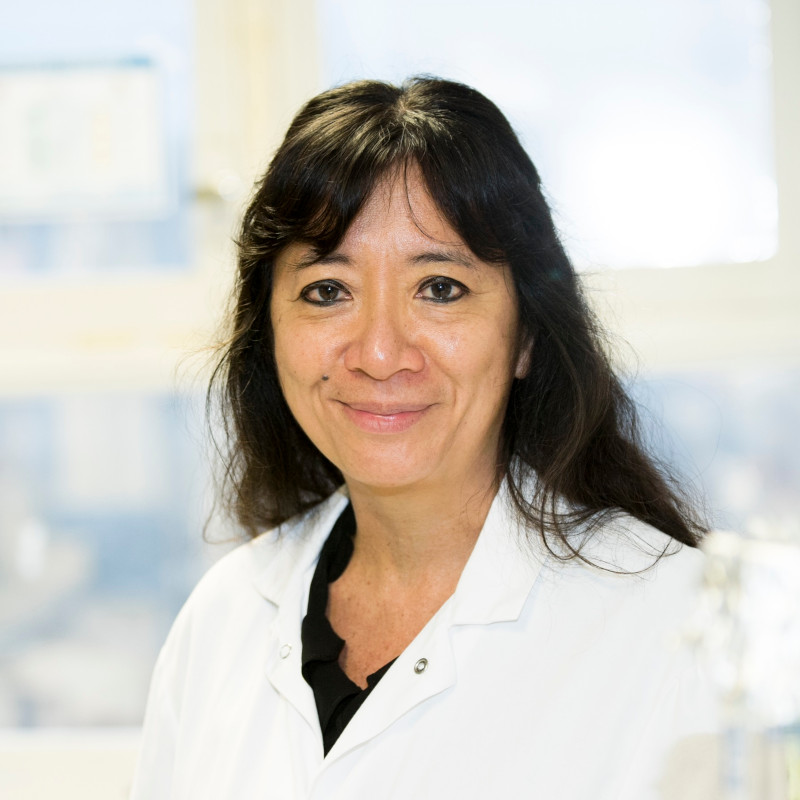
Anne-Bella Failloux
Anna-Bella Failloux is a medical entomologist and the head of the unit “Arboviruses and Insect Vectors” at the Institute Pasteur of Paris, France.
Anna-Bella Failloux
Dr. Failloux earned her Ph.D. in Ecology/Entomology from Orsay University (Paris XI). She performed Postdoctoral Research training at the Institut Pasteur where she obtained a full position as assistant professor in 1996. She has authored over 190 scientific publications on vectors of alphaviruses, flaviviruses and phleboviruses. She participates actively in teaching medical entomology as co-director of the course “Insect Vectors and Pathogens Transmission” and the MOOC “Medical Entomology” of the Institut Pasteur.
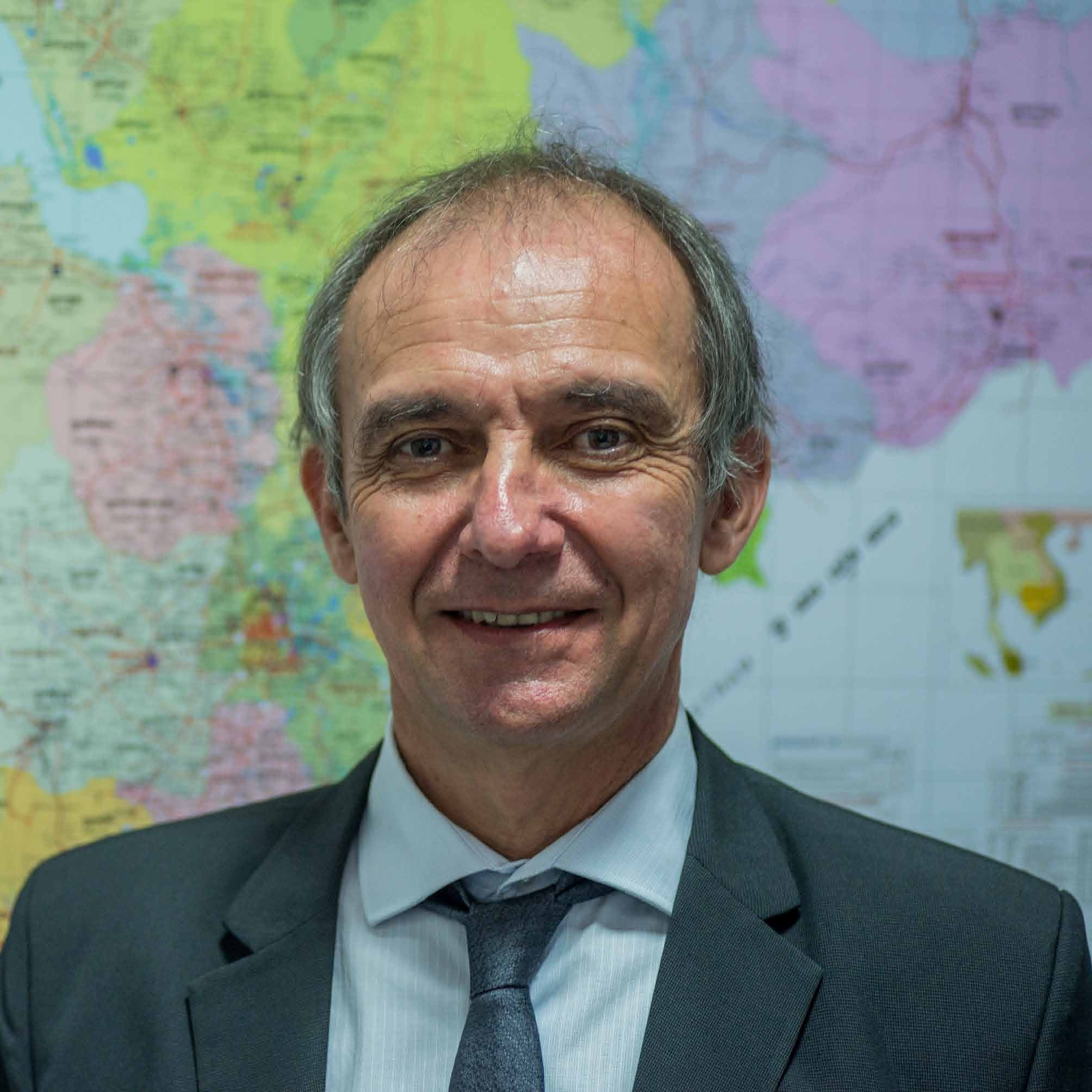
Didier Fontenille
Didier Fontenille is a medical entomologist and a research director at the Institute for Research and Development (IRD), Montpellier, France.
Didier Fontenille
After 17 years working on vectors in Africa, and less actively in South America and Asia, he was the head of the CNRS-IRD-Montpellier University Research Unit MIVEGEC, IRD, Montpellier, France, from 2005 to 2014.
He was the first director of the French National Reference Center on Vectors, France from its creation in 2011 until 2014.
From October 2014 to August 2019, he was the director of the Pasteur Institute of Cambodia, where he led research projects and expertise works on infectious diseases including vector-borne diseases.
He returned to Montpellier in 2019, to lead the local and regional research initiatives entitled “Kim RIVE” and “RIVOC“ (Infectious diseases and Vectors in the Occitanie Region) respectively.
All along his career (1990-2021), he led, as principal investigator, more than 40 scientific projects and training networks, in Africa, Europe and Asia (in collaboration with the World Health Organisation, National Research Agency …).
He supervised tens of graduate students, and is the author of more than 335 publications and book chapters, mainly in the field of mosquitoes and mosquito-borne diseases.
His research topics have mainly focused on systematics, biology, behavior, genetics, population genetics, and vector control.
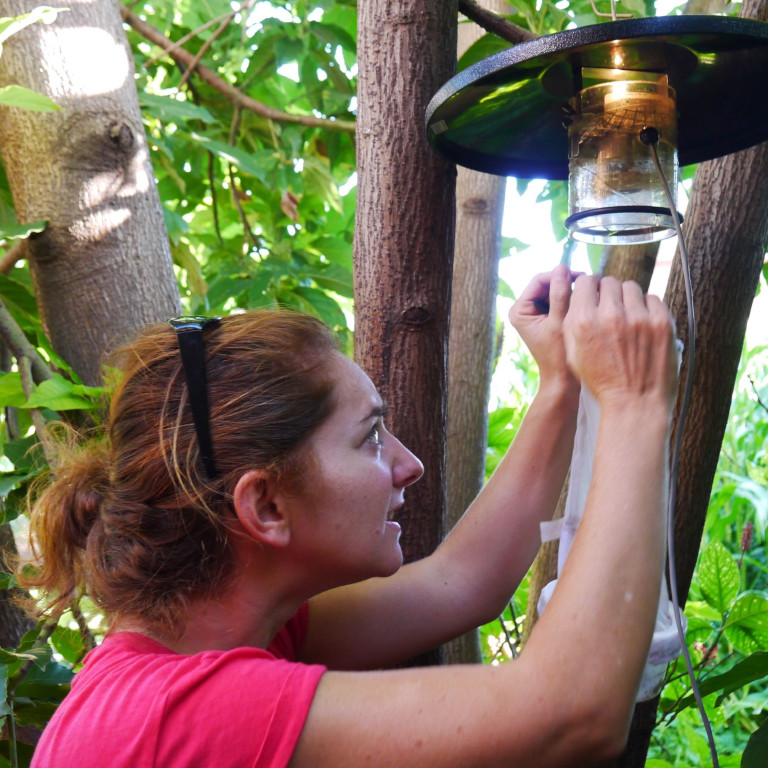
Claire Garros
Claire Garros is a medical and veterinary entomologist at the French Agricultural Research and International Cooperation Organization working for the sustainable development of tropical and Mediterranean regions (Cirad), Montpellier, France.
Claire Garros
Claire has published more than 65 publications in peer-reviewed journals, and she is the author of three book chapters. She was the editor of the book “Pests and vector-borne diseases in the livestock industry”, Wageningen Academic Publishers, published in 2018 (Ecology and Control of Vector-Borne Diseases, volume 5), https://doi.org/10.3920/978-90-8686-863-6
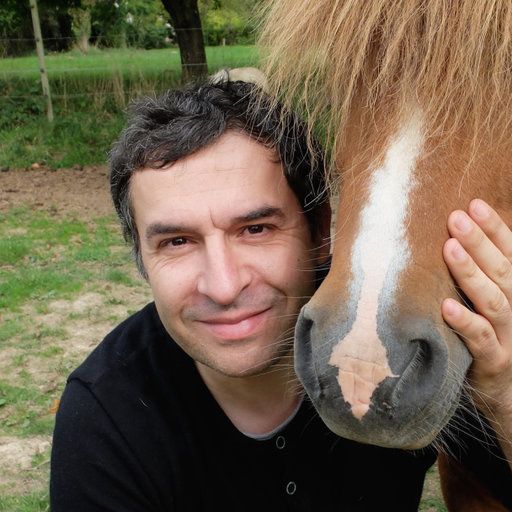
Jacques Guillot
Jacques Guillot is Professor of Parasitology at the National Veterinary School of Maisons-Alfort, France.
Jacques Guillot
Jacques Guillot graduated from the Veterinary School of Alfort (EnvA), France in 1991. He completed his training in medical mycology at Pasteur Institute where he obtained a PhD thesis. Jacques Guillot is a Diplomate of the European Veterinary Parasitology College (EVPC) and he spent his entire career at EnvA, holding the position of full professor of veterinary parasitology and mycology since 2002. His research areas focus on the diagnosis and treatment of fungal and parasitic infections in animals. In 2014, in collaboration with dermatologists from Henri Mondor Hospital, Créteil, France and researchers from QIMR Berghofer Medical Research Institute, Brisbane, Australia, Jacques Guillot initiated an original research activity on the control of scabies. He is the author of 180 publications in international reviews and presented more than 100 invited conferences during scientific congresses. He is a corresponding member of the French Academy of Medicine since 2008 and a full member of the French veterinary Academy since 2018. Jacques Guillot is one of the founding members of the European Scientific Counsel Companion Animal Parasites (ESCCAP), an independent, non-profit organisation whose objective is to develop guidelines for the diagnosis, treatment and control of major parasitic infections in companion animals in Europe.
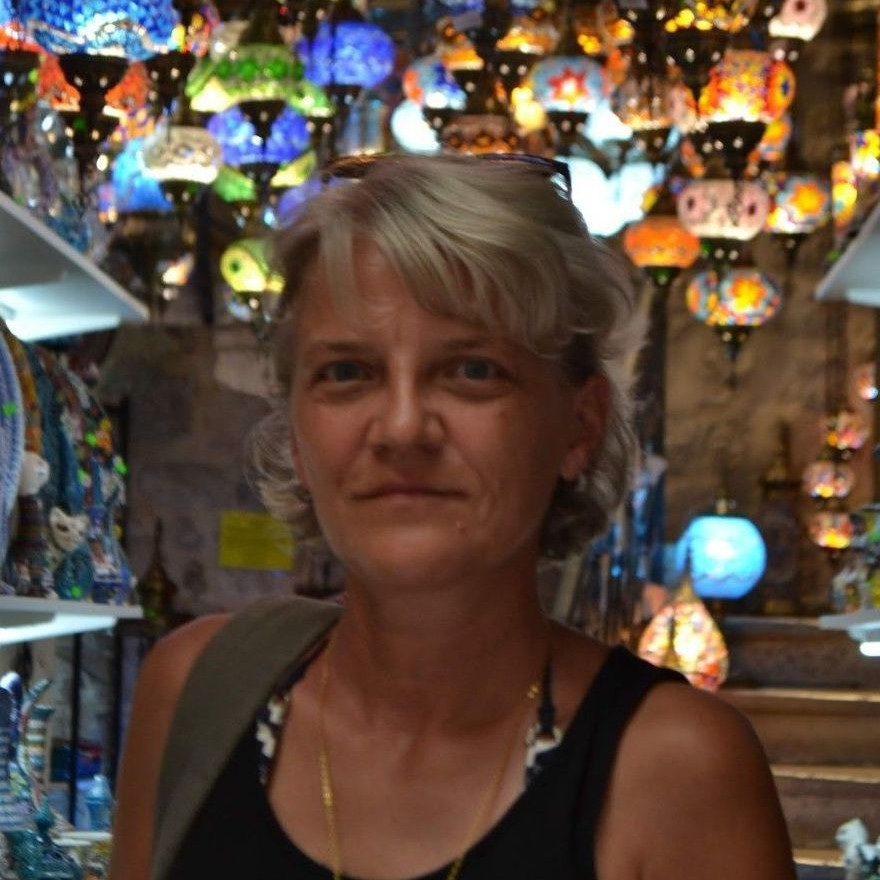
Aleksandra Ignjatović Ćupina
Aleksandra Ignjatović Ćupina is Professor of Entomology, Head of the Centre of Excellence One Health- Vectors and Climate and Head of the Laboratory for Medical and Veterinary Entomology at the Faculty of Agriculture, University of Novi Sad, Serbia.
Aleksandra Ignjatović Ćupina
Aleksandra Ignjatović Ćupina is Professor of Entomology, Head of the Centre of Excellence One Health- Vectors and Climate and Head of the Laboratory for Medical and Veterinary Entomology at the Faculty of Agriculture, University of Novi Sad, Serbia. She teaches different courses of general, applied and medical entomology at BSc, MSc and PhD study programs. Her research interests are mainly focused to bloodsucking Diptera, in particular to black flies (Simuliidae) and mosquitoes (Culicidae): identification, ecology, behaviour, species distribution, monitoring, environmental friendly control strategies and evaluation of treatment efficacy. Over the past decades she has been involved in many national public health projects related to monitoring and control of mosquitoes and black flies in Serbia. Fruitful international collaboration with scientists across Europe and worldwide has been conducted through participation to several international projects and other modalities of collaboration, such as participation to international field expeditions in different European countries (Germany, Italy, Portugal, Greece, Bulgaria, Romania, Montenegro, Bosnia and Herzegovina, Albania and Serbia), visits to other high education and scientific institutions, common scientific work and publications.
She was invited lecturer and trainer in identification, bioecology and control of blackflies at international training courses: “Insect Vectors and Pathogens Transmission” and the MOOC -Medical Entomology in organization of Institut Pasteur in Paris and IRD, France (since 2016), Two-day Training Course on Vector Ecology and Control organized by the European Society for Vector Ecology (E-SOVE) and European Mosquito Control Association – EMCA (2016), Regional training on vector identification and surveillance organized within the MediLabSecure project (2019). She is member of the European Mosquito Control Association – Moderator of the Black Fly Working Group, the European Society for Vector Ecology, the Entomological Society of Serbia and the Serbian Society for Plant Protection, as well as member of editorial boards of few international peer reviewed journals such as Medical and Veterinary Entomology, The Journal of the European Mosquito Control Association and The Simuliid Bulletin.
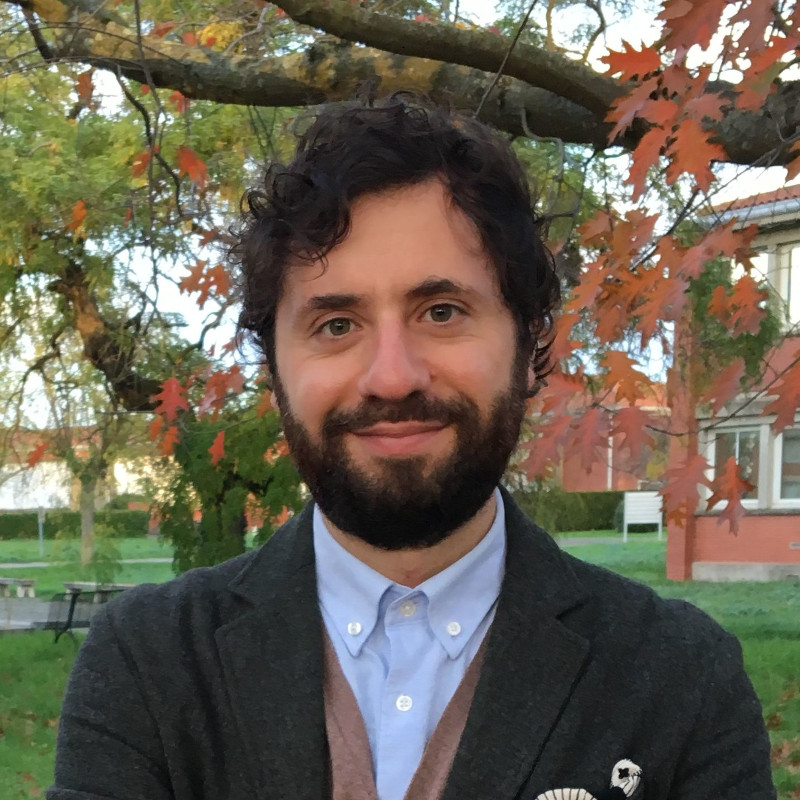
Vincenzo Lorusso
Vincenzo Lorusso is the head of Global Research in Parasitology at the veterinary pharmaceutical firm Vetoquinol, Paris, France; Honorary Research Fellow at the University of Salford, Manchester, UK and a founding member of the board of directors of the NGO “African Institute of One Health Research & Diagnostics (AIOHRD)”, Abuja, Nigeria.
Vincenzo Lorusso
Vincenzo Lorusso (DVM, PhD, Dip. EVPC, Dip. ACVM-Parasitology, MDP) is a veterinarian (University of Bari, Italy), with a PhD in tropical medicine-epidemiology (University of Edinburgh, UK) and a Master in International Relations and African Studies (Sciences Po, Paris, France). He is a Diplomate by exam of the European Veterinary Parasitology College (EVPC) and the American College of Veterinary Microbiologists (ACVM)-Specialty of Parasitology.
Since 2013, Vincenzo has been leading the Global Research in Parasitology at the veterinary pharmaceutical firm Vetoquinol, in Paris, France. At the same time, since 2016, he has been an Honorary Research Fellow at the University of Salford, in Manchester, UK, where Vincenzo co-supervises PhD and MSc students investigating vector-borne diseases of public health and economic importance in Africa. He is also a founding member of the board of directors of the NGO “African Institute of One Health Research & Diagnostics (AIOHRD)”, based in Abuja, Nigeria. In the years 2019-2020, Vincenzo acted as the research coordinator and editor for the Global Health team at Sciences Po’s think tank, “Human Development Research Initiative (HDRI)”. He is also the curator of the section entitled “Because parasites matter! – Stories of parasitism in a globalised world”, featured on the bi-annual newsletter of the World Association for the Advancement of Veterinary Parasitology (WAAVP). Autor or co-author of a dozen of articles on international peer-reviewed journals and a book chapter, Vincenzo acts as a referee for several journals in the area of parasitology, entomology, tropical medicine and global health. Among other recognitions, Vincenzo was awarded the 2014 Norval-Young Award by the Society for Tropical Veterinary Medicine (STVM) for the “excellence in tropical veterinary medicine research” of his PhD studies. Over the years, he has developed a strong interest for international development and cooperation stakes within and beyond the realms of global health, science and education, agriculture and food security (writing about this also on his blog, “Between Africa & Japan”).
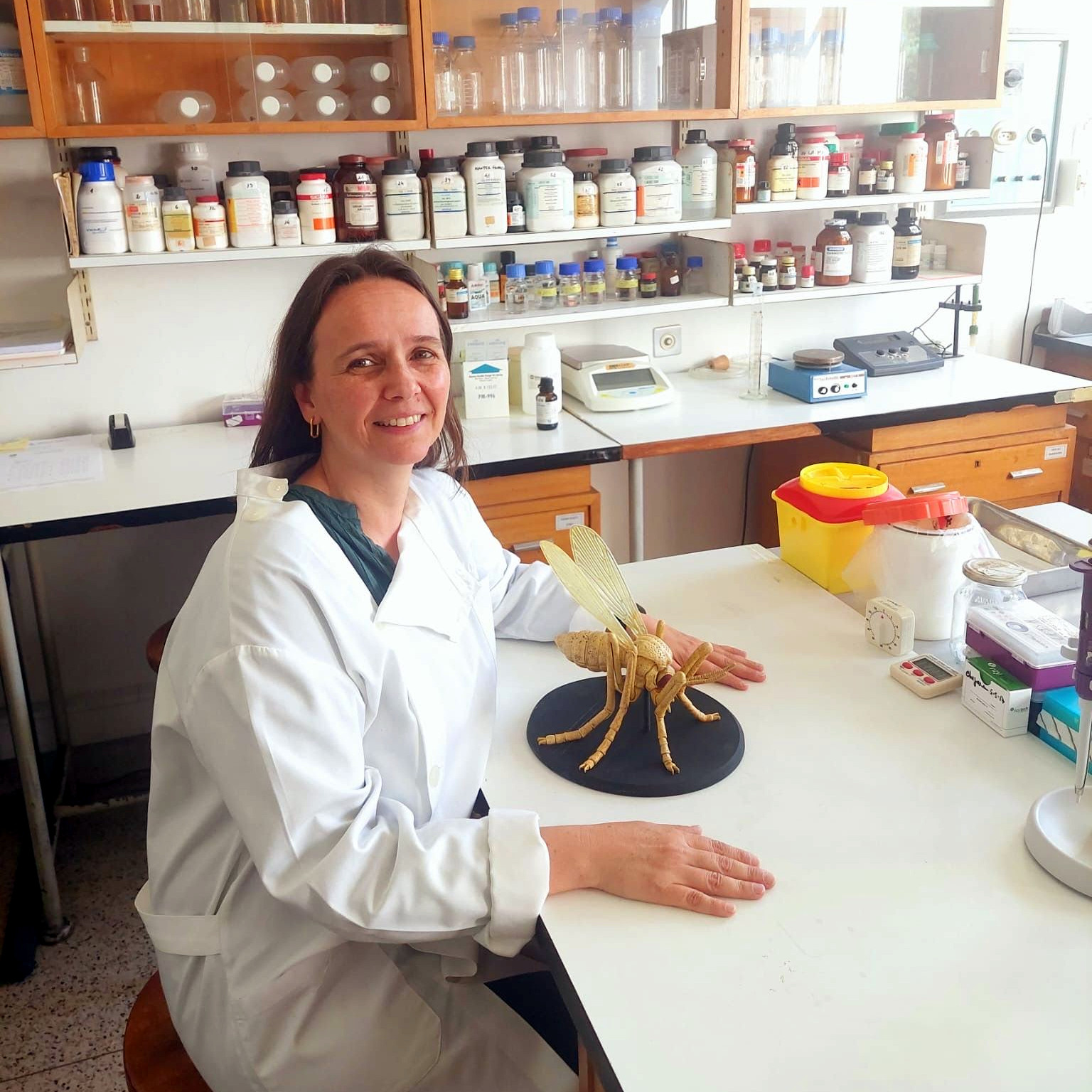
Carla Maia
Carla Maia holds a Veterinary Medicine degree, obtained from University of Lisbon, and a MSc in Medical Parasitology, a PhD, and a Habilitation title in Biomedical Sciences, with specialization in Parasitology obtained from University NOVA of Lisbon
Carla Maia
Carla Maia holds a Veterinary Medicine degree, obtained from University of Lisbon, and a MSc in Medical Parasitology, a PhD, and a Habilitation title in Biomedical Sciences, with specialization in Parasitology obtained from University NOVA of Lisbon.
She is a Veterinary Parasitology Specialist by the European Veterinary Parasitology College. Since 2020, she has served as an Assistant Researcher at Institute of Hygiene and Tropical Medicine (IHMT)’s Medical Parasitology Unit. She is actively involved in One Health research projects, addressing vector-borne diseases and climate change´s impact. Her commitment to this field is evident in numerous PI roles, including leadership initiatives funded by the European Commission’s Horizon program and the Portuguese Foundation for Science and Technology. Her dedication extends to active participation in diverse R&D projects, covering topics such as leishmaniasis and sand fly- tick- and mosquito-borne zoonotic diseases. Her profile expands to editorial board memberships in the journals “Current Research in Parasitology & Vector-Borne Diseases,” and “Parasites & Vectors”. Her institutional responsibilities include membership in the Scientific Committee of NOVA ACL-3 insectary and the Ethical Committee of IHMT.
Dr. Carla Maia has published over 100 research papers and co-authored three chapters in international books published by Springer. Recognized as one of the most cited scientists worldwide in Parasitology, she ranks in the top 2% based on Stanford University rankings since 2020.
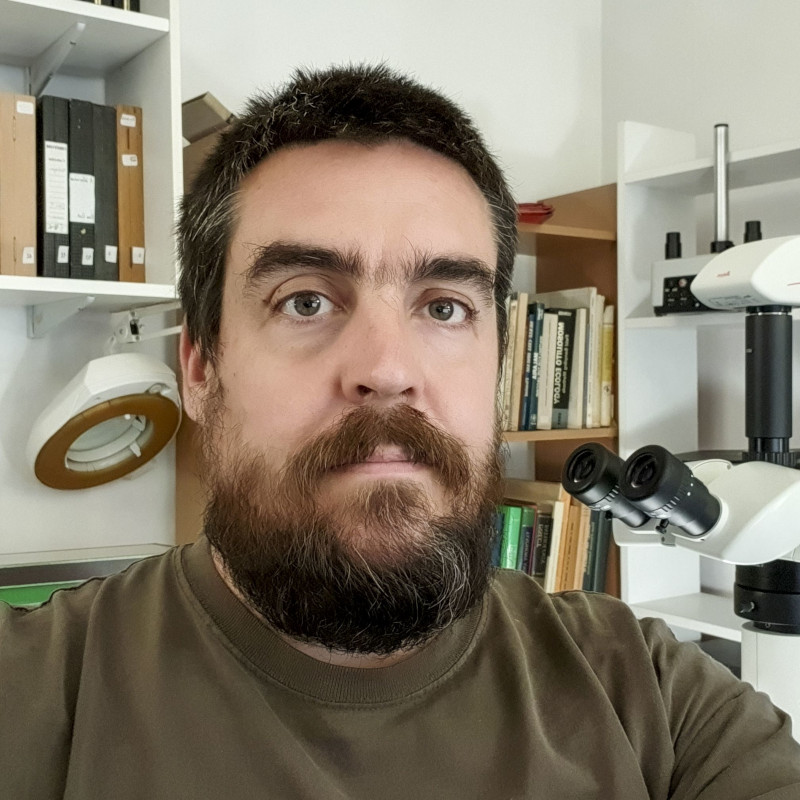
Nil Rahola
Nil Rahola is an engineer in Medical Entomology at the Insitute for Research and Devlopment (IRD), Montpellier, France.
Nil Rahola
He developed strong knowledge on the taxonomy and systematics of arthropods of medical importance, mainly mosquitoes and sand flies. He has significant expertise in field missions in Africa and South-East Asia. He is also the curator of the IRD collection of arthropods of medical and veterinary importance.
His research topics mainly focus on the taxonomy, the systematics and the bio-ecology of arthropods of medical importance with emphasis on mosquitoes and sand flies.
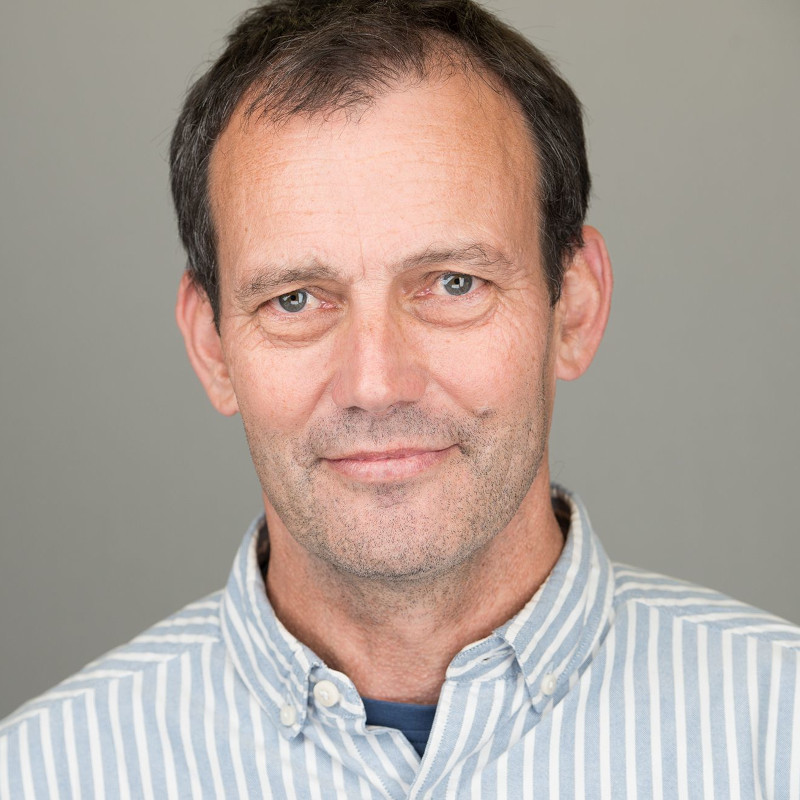
Steve Torr
Steve Torr is Professor and chair in Neglected Tropical Diseases at the Liverpool School of Tropical Medicine, Liverpool, United Kingdom.
Steve Torr
Professsor Steve Torr is a vector biologist with 40 years’ experience of translational research on tsetse flies which transmit the pathogens causing human and animal African trypanosomiasis. Following a first degree in zoology and a MSc in Applied Entomology, he joined the Tsetse and Trypanosomiasis Control Branch in Zimbabwe carrying out basic research on the host-oriented behaviour of tsetse flies. Subsequently, he joined the UK government’s Tropical Development Research Institute (TDRI) as a vector biologist, working initially as a survey entomologist on a large tsetse control programme in Somalia. Steve remained with TDRI as it changed from a government agency to a research institute (‘Natural Resources Institute’) of the University of Greenwich and his work involved field-based research on tsetse and mosquitoes across more than 15 countries, mainly in sub-Saharan Africa but also including Asia and the Americas. In 2013, he joined the Liverpool School of Tropical Medicine where he currently leads a group of 10 researchers, working in partnership with scientists and national programmes across sub-Saharan Africa, to improve the cost-effectiveness of methods to control tsetse.

Hannah Vineer
Hannah Vineer is a parasitologist at the University of Liverpool’s Institute of Infection, Veterinary and Ecological Sciences, United Kingdom.
Hannah Vineer
Hannah Vineer is a parasitologist at the University of Liverpool’s Institute of Infection, Veterinary and Ecological Sciences, United Kingdom.
She completed a PhD in the epidemiology and control of psoroptic mange at the University of Bristol in 2011 and moved to the University of Liverpool as a Tenure Track Fellow in 2018, where she now teaches veterinary parasitology at the School of Veterinary Sciences. Her research group focusses on both computational and empirical studies of parasite and vector ecology. They aim to understand how weather and global environmental changes affect infection dynamics, ultimately supporting the sustainable control of parasites and vectors. Current projects include the ecology and control of ticks and tick-borne diseases in Europe and Africa, sustainable management of nematodes in European grazing livestock, and climate-driven changes to reindeer parasite epidemiology. She previously served as the President of the British Association for Veterinary Parasitology (BAVP).
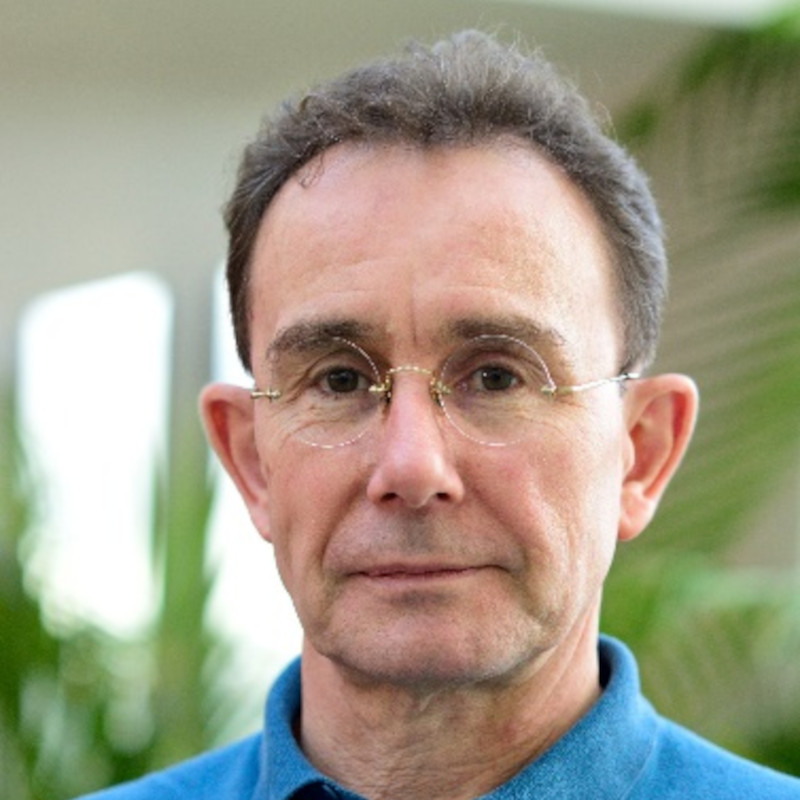
Richard Wall
Richard Wall is a veterinary entomologist and Professor of Zoology in the School of Biological Sciences at the University of Bristol, United Kingdom.
Richard Wall
Richard Wall is a veterinary entomologist who works on the ecology and sustainable control of arthropod ectoparasites and vectors and their impact on animal health and welfare. He is Professor of Zoology and teaches entomology and parasitology to biology and veterinary undergraduates and heads a research group working on a wide range of ectoparasites, particularly ticks, lice, mange mites and blowflies. Current work includes studies of the impacts of climate and climate change on patterns of arthropod abundance and the use of essential oils as novel approaches to arthropod control. Professor Wall has published over 250 research papers and co-authored three textbooks. He was awarded the Peter Nansen prize in 2001 and the WAAVP/Bayer Award for research excellence in veterinary parasitology in 2013 by the World Association for the Advancement of Parasitology.
National Veterinary School of Toulouse, France
Continuing education in Medical and Veterinary Entomology
